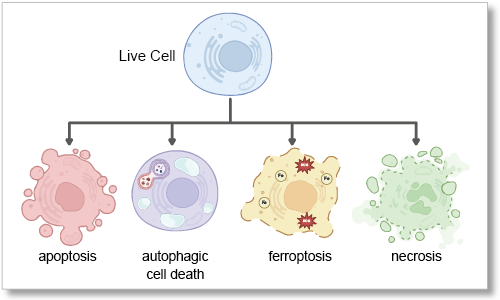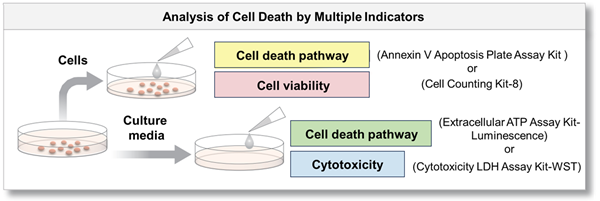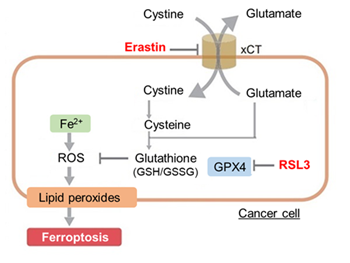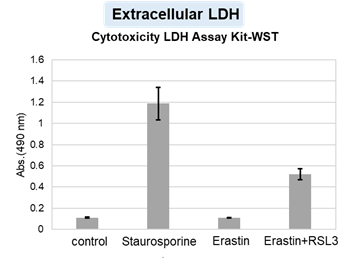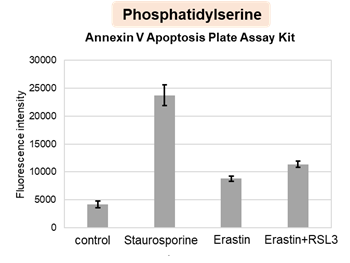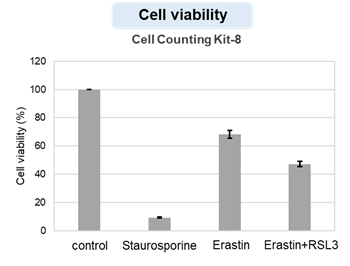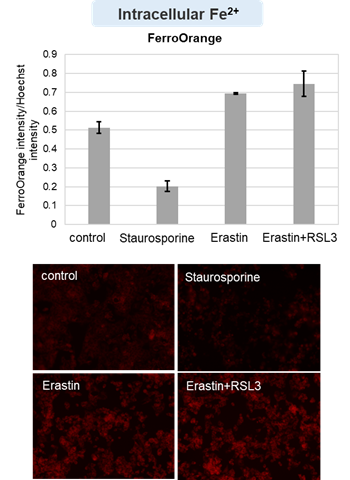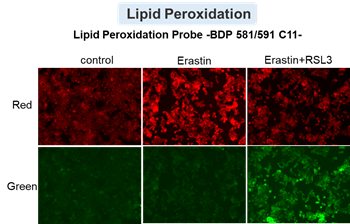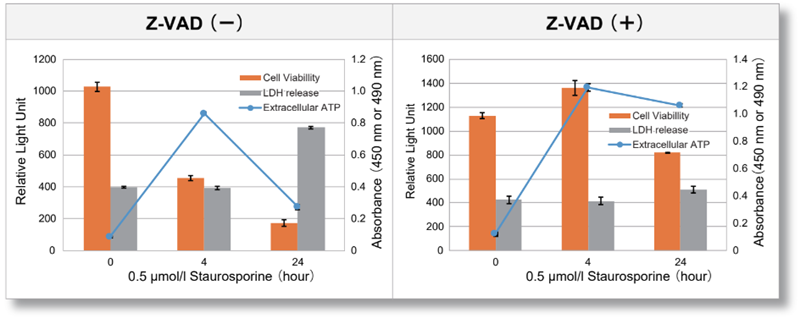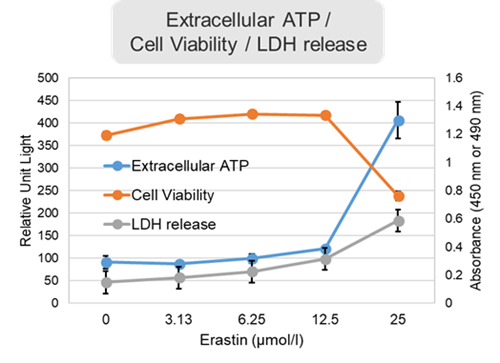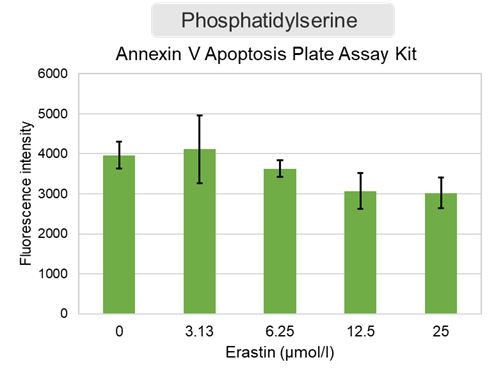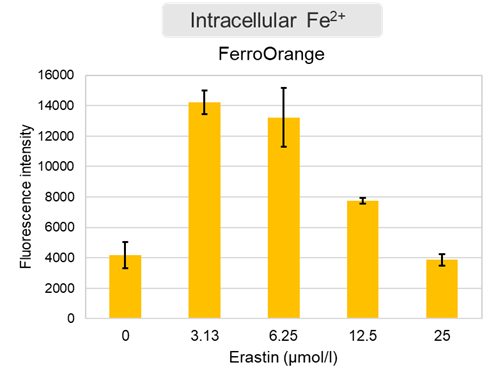What is Cell Death?
Cell death is a fundamental biological process essential for tissue homeostasis and stress response. Traditionally, programmed cell death, known as apoptosis, has been recognized as a key mechanism, while necrosis has been considered an unregulated response to injury. However, recent research has identified additional forms of programmed cell death, including ferroptosis, driven by iron-dependent lipid peroxidation, and autophagy-dependent cell death, resulting from excessive self-digestion of cellular components. Dysregulation of these pathways contributes to various cell death diseases, such as cancer, neurodegenerative diseases, and ischemic injury, where either evasion or excessive activation of cell death disrupts normal function. Understanding these mechanisms provides new therapeutic insights for cancer and other cell death-related diseases.




